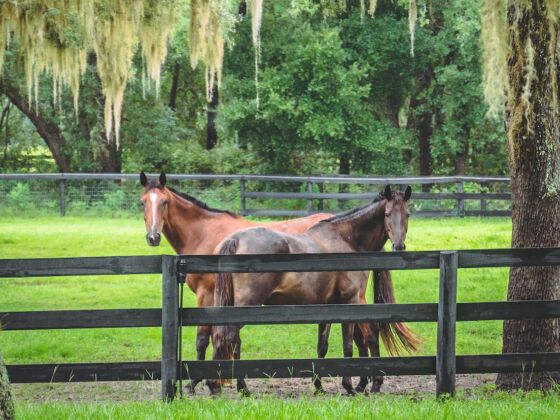“WAS MACHST DU?” a voice roars from beyond the bars. It’s the stablehand, suddenly angry. He wants to know what I’m doing with the horse. “Was machst du mit dem Pferd?!”
I had finally entered the stall and the big horse, Pikeur, was quiet beside me. I was running my hands along his neck, under his rough mane where the skin was warmest. I rubbed his ears, moved my fingers down past his forelock and the white star along his forehead to the pillowy, whiskered lips that nibbled the air around my knuckles. Carefully, I picked his feet up one by one and scraped dirt from his hooves. He blew out through his nose, a soft rush of breath, but he didn’t stamp or turn.
